Why Permission to Grieve is Important for Growth
My mother left me ill prepared to grieve.
I remember standing at the closed door of my mother’s walk-in closet, as a young child, listening to her cry, on more than one occasion. Years later, I know that she was trying to protect me from the depths of her grief, as she struggled to survive a second trimester miscarriage and rocky marriage.
As a seven-year-old, I only understood that sadness was something to be hidden.
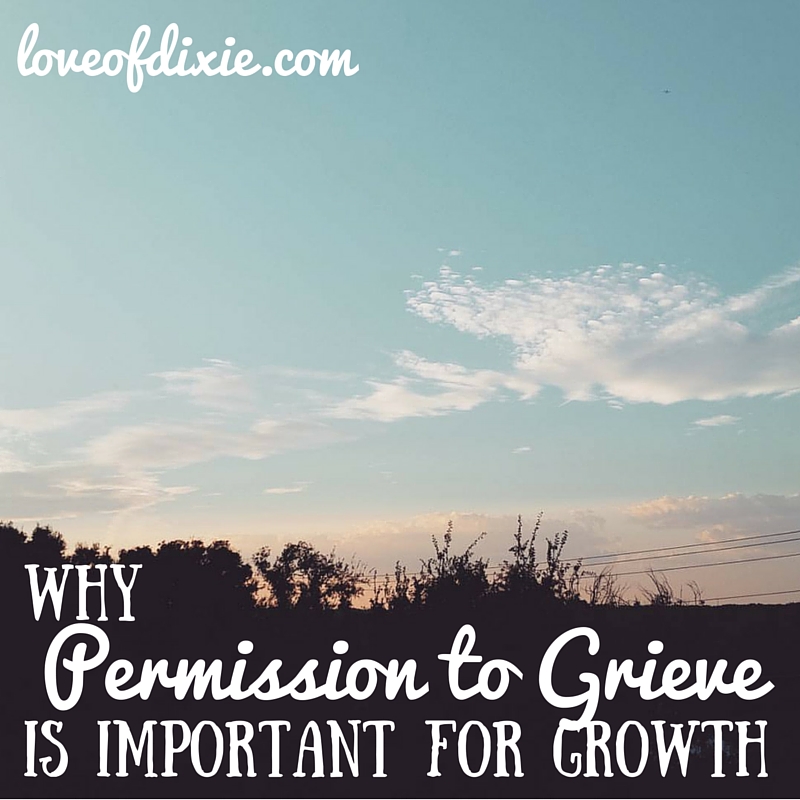
Why permission to grieve is important for growth
My dog was hit by a car when I was in sixth grade. I cried uncontrollably on and off for several days. Growing weary of my tears, my mother snapped at me: “An animal died, not a person. Stop crying.”
In that moment, my mother took away my permission to grieve.
Years later, in counseling, I identified that age as the beginning of my struggles with depression. I learned to feel guilty about having negative emotions during my adolescence. As a 12-year-old, I could only identify a feeling of immense and unresolved sadness.
My mother’s early onset Alzheimer’s disease diagnosis
My mother was diagnosed with early onset Alzheimer’s disease a week after I graduated from college. I unknowingly began my difficult journey through the stages of grief.
I quickly moved from denial to anger, as I had known something was wrong for months, and was now face-to-face with my mother’s PET scan results and rapid decline. When I expressed my feelings to my father, he told me that I should be glad she hadn’t been hit by a truck and was still alive.
In that moment, my father took away my permission to grieve.
As my mother entered the advanced stages of Alzheimer’s disease, I experienced a miscarriage. I didn’t know how to grieve or that I was allowed to grieve.
So I hid from my grief. I spiraled further and further into depression, caught in a never-ending cycle of feeling sad and then feeling guilty and ashamed of being sad.
I’m not exactly sure when I gave myself permission to grieve. But somewhere in the chaos of my mother and stepmother dying 17 months apart, God showed me that grief is not only allowed but necessary.

Spring comes after the winter
Being an Easter baby, I love that the new life and growth of spring always follows the death and grief of winter. But I know that we cannot have one without the other.
We cannot have spring without the winter, light without the dark. If we don’t hold space to process grief, we will never experience deep and lasting peace.
Jesus explicitly gave his disciples permission to grieve, as an important step in their spiritual journey:
“Blessed are the poor in spirit, for theirs is the kingdom of heaven.
“Blessed are those who mourn, for they shall be comforted.
“Blessed are the meek, for they shall inherit the earth.
“Blessed are those who hunger and thirst for righteousness, for they shall be satisfied.
“Blessed are the merciful, for they shall receive mercy.
“Blessed are the pure in heart, for they shall see God.
“Blessed are the peacemakers, for they shall be called sons[a] of God.
“Blessed are those who are persecuted for righteousness’ sake, for theirs is the kingdom of heaven.
“Blessed are you when others revile you and persecute you and utter all kinds of evil against you falsely on my account. Rejoice and be glad, for your reward is great in heaven, for so they persecuted the prophets who were before you.
– Matthew 5:3-11 ESV
The Beatitudes describe the progression of our spiritual growth. As followers of Christ, we move from sadness to mourning to hunger to mercy to purity to peace and, finally, to joy. Each step is a necessary part of the Holy Spirit’s refining process.
Finding purpose through pain
Sarah Bessey gives struggling Christians permission to grieve in her post, “In which I am learning to obey the sadness,” and her book, Out of Sorts:
When I was sad, when I had real legitimate reasons for grief or despair or anger or any emotion that was perceived as negative or dark, I had nowhere to go with it. I didn’t know how to feel my feelings. And by refusing to name it or acknowledge it, sometimes the darkness simply grew.
The depth of our grief is a direct reflection of the depth of our love. We grieve because we love.
When we deny ourselves permission to grieve, we deny ourselves permission to love whatever or whomever we are grieving. Alternately, when we “obey the sadness,” instead of hiding and denying it, we give ourselves permission to love deeply and permission to grow.
Giving ourselves permission to grieve
When we give ourselves permission to grieve, we allow his strength to be made perfect in our weakness. We invite Him to deepen our faith and build our courage and give us peace and fill us with joy.
When we give ourselves permission to grieve, we allow God to illuminate our purpose as He meets us in our darkness. We allow Him to prepare our hearts for his ministry.
Because giving ourselves permission to grieve is simply giving ourselves permission to grow.

Permission to Grieve guest posts
Eight remarkable women shared their unique grief experiences this winter. Each one gave us “permission to grieve” from her own perspective. Yet I think they would all agree that, even though everyone grieves differently, no one is exempt.
Grief Is A Process by Stacey Philpot
The Roller Coaster of Life by Michele Gooch
His Love Never Fails by LaRae Humes
The Key to Finding Peace by Robin Lee
The Good Grief Girl by Kelly Nickerson

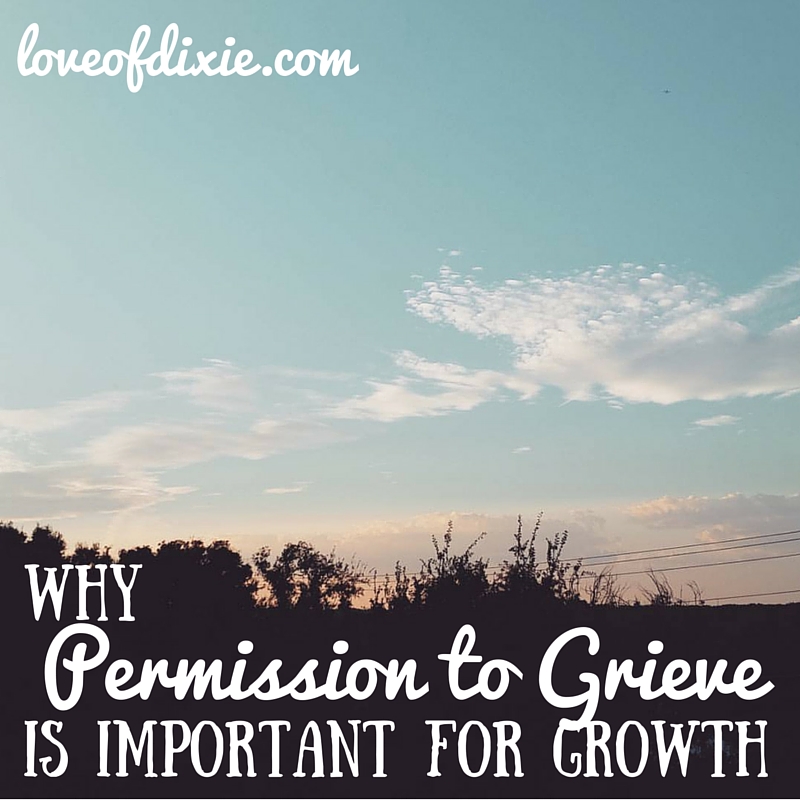
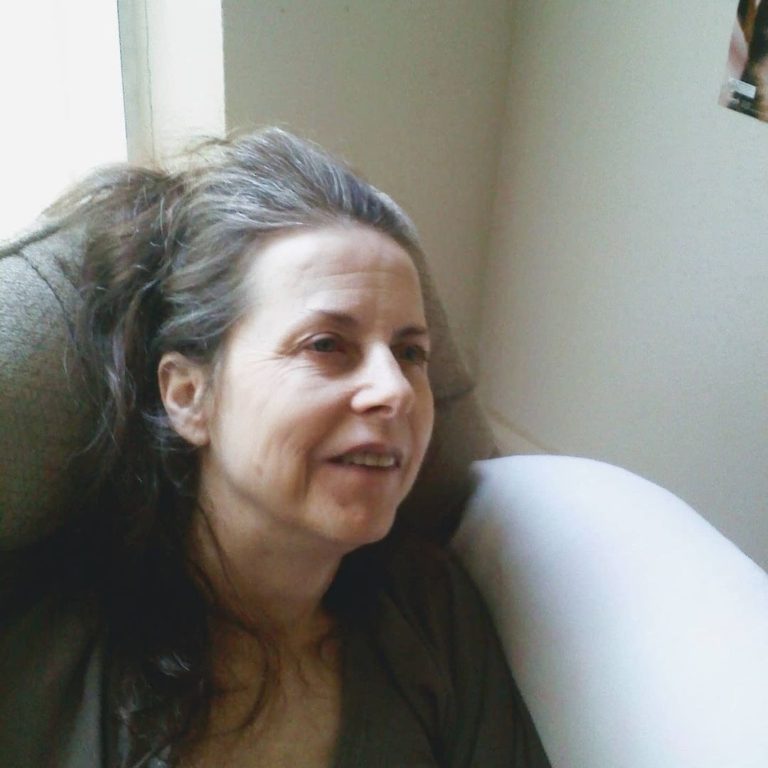


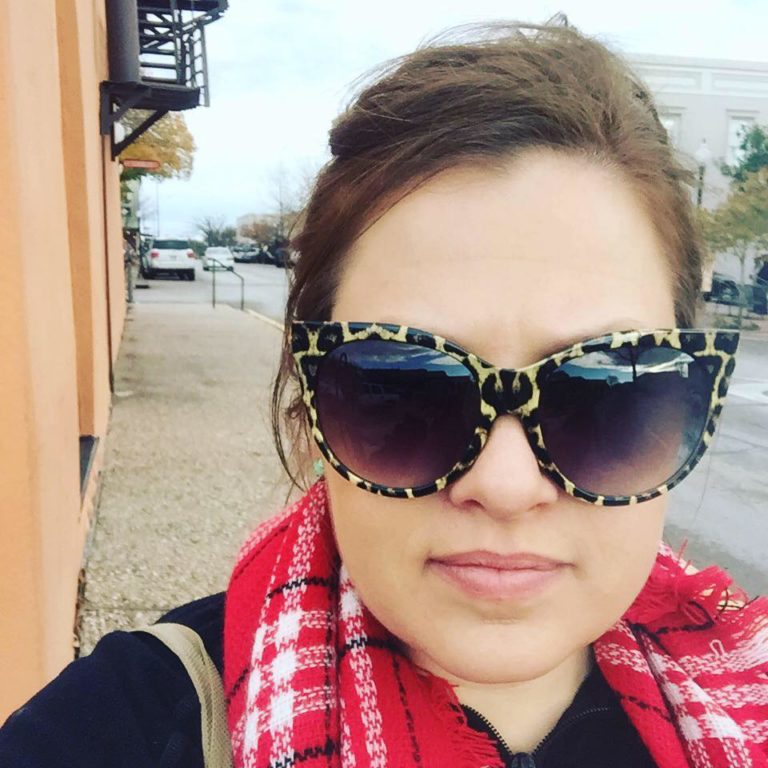
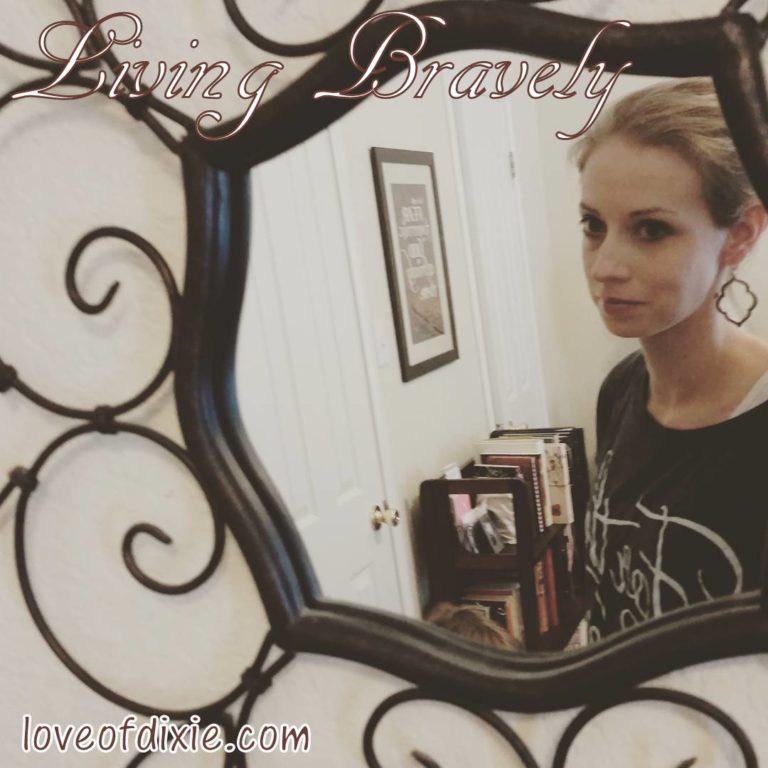
This post is absolutely beautiful. I’m sorry but I can’t find anything else to say. I am really blown away by the sanguine and dignified way you have covered such a difficult subject.
Your experience has been horrible and you are an example to us all.
I feel very privileged to have been able to read it.
Sophie x
Thank you so much for your kind words.
Permission to grieve. Something too I have had to learn. I am so glad you have leaned towards Jesus in all of your pain. He alone is enough.
Yes!